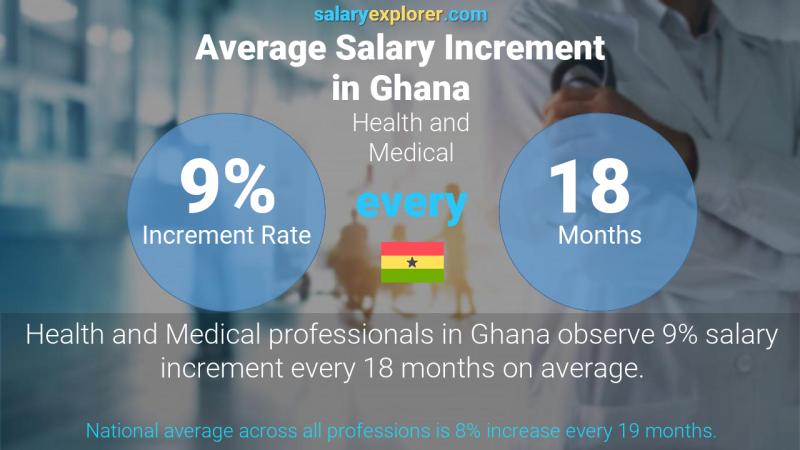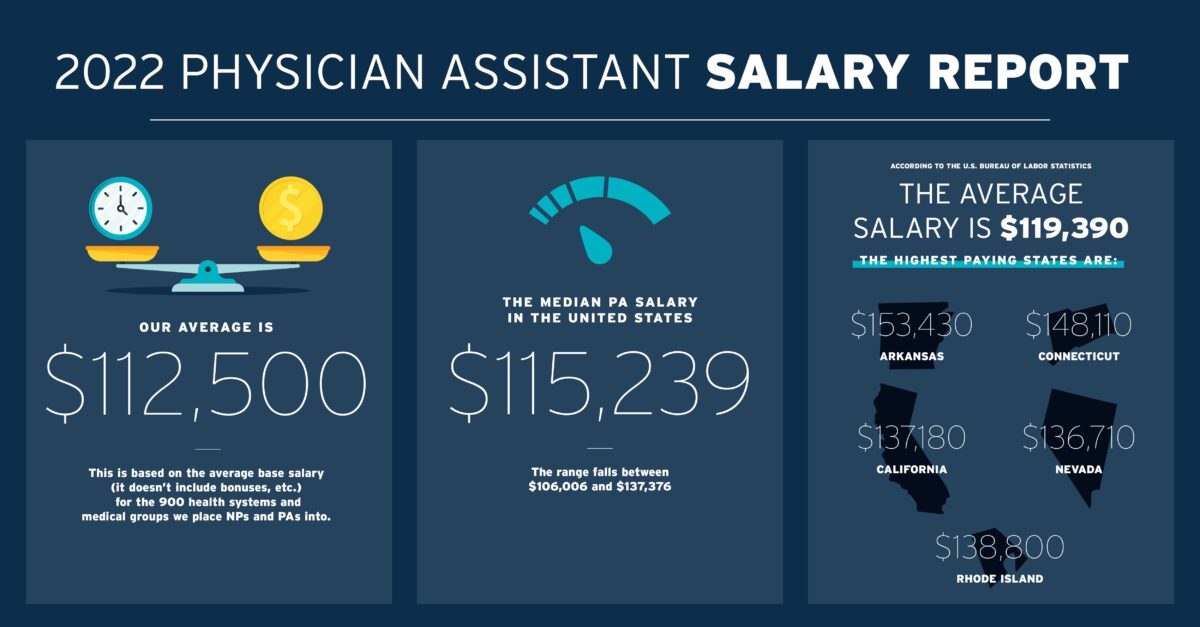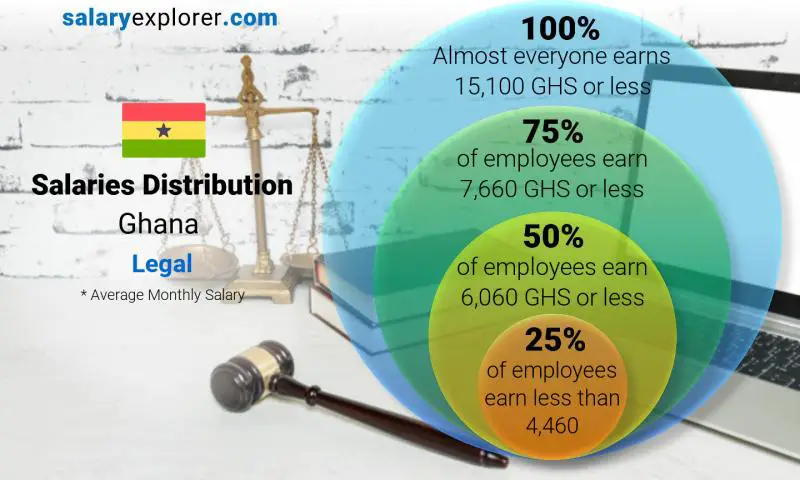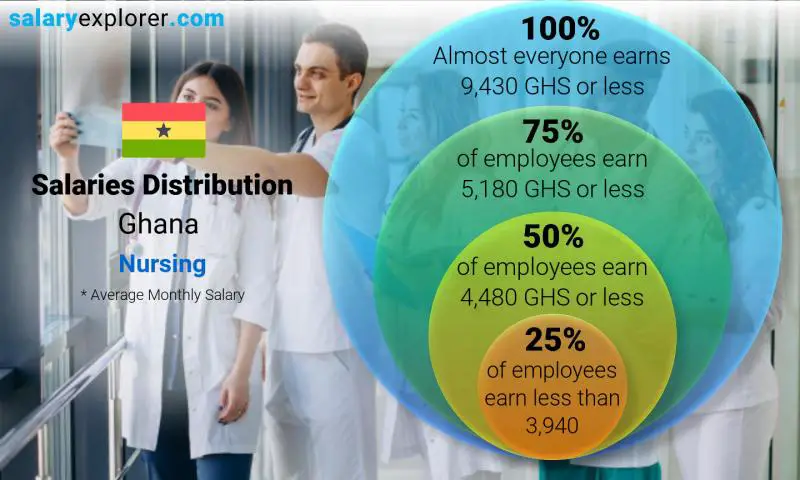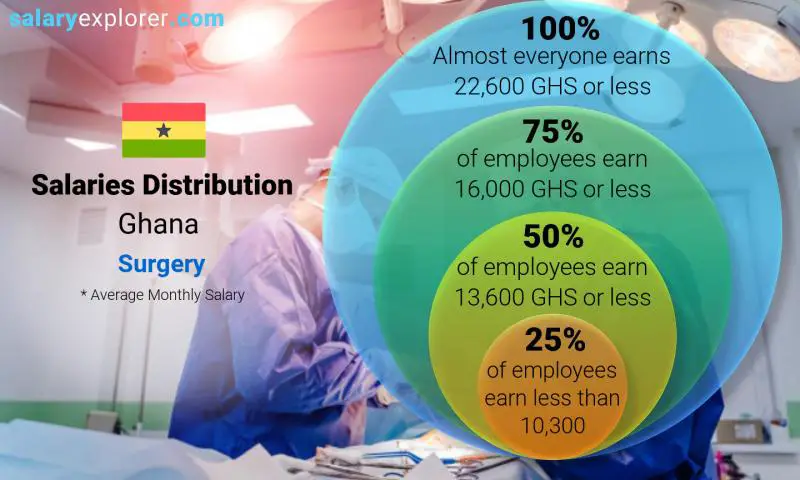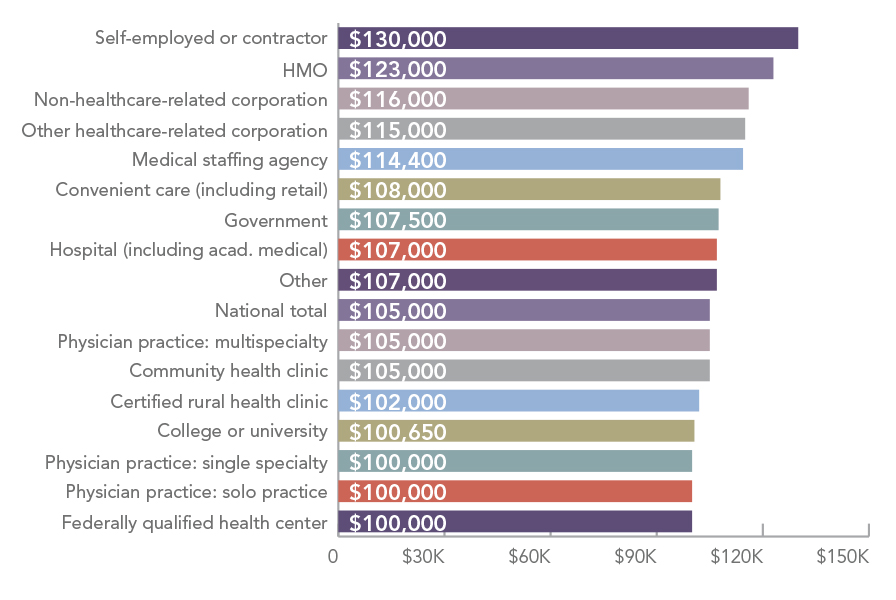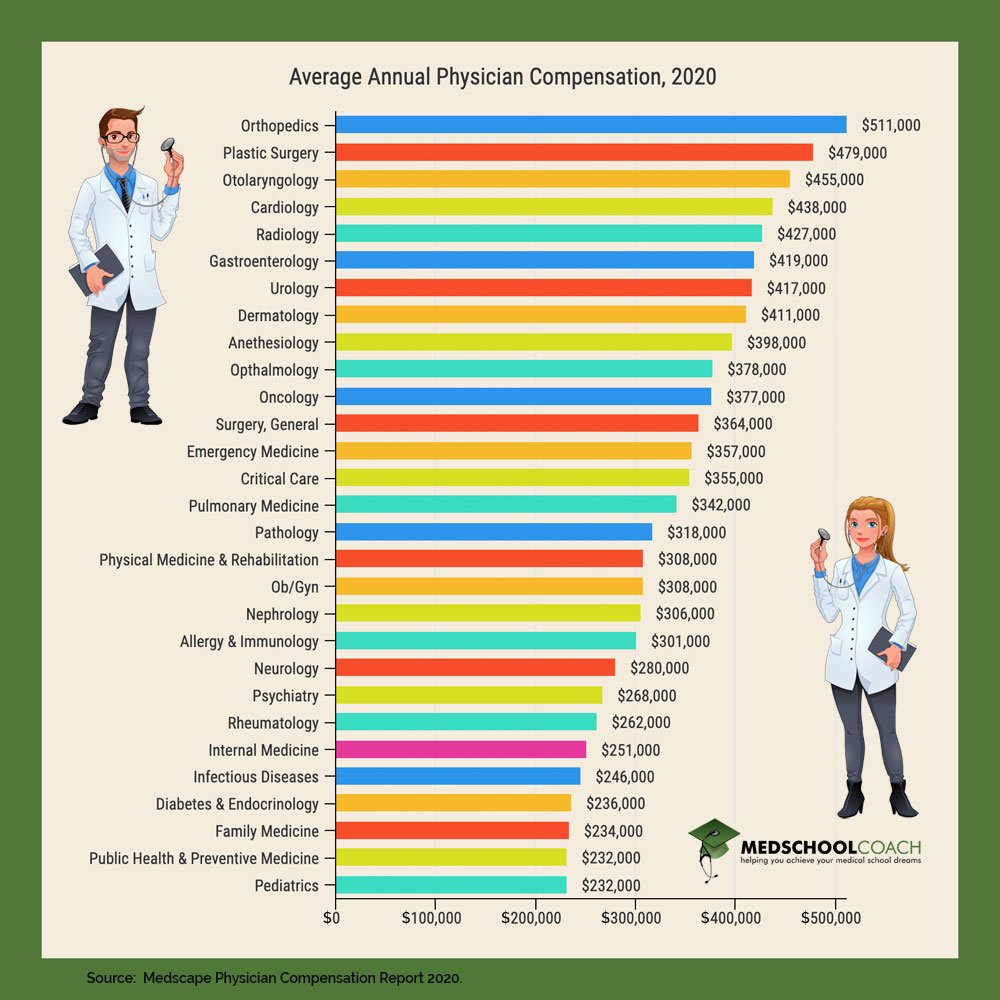Monthly Salary Of Physician Assistant In Ghana

In Ghana, the healthcare system relies heavily on the contributions of various medical professionals. Among these, Physician Assistants (PAs) play a critical role in providing essential medical services, often serving as the primary point of contact for patients, especially in rural areas. The question of their compensation, specifically their monthly salaries, is an ongoing discussion, influencing both recruitment and retention within the profession.
This article delves into the complexities surrounding the monthly salaries of Physician Assistants in Ghana. It examines the factors that influence their earnings, including experience, location, specialization, and the employing institution. Furthermore, it explores perspectives from PAs themselves, healthcare administrators, and relevant regulatory bodies to provide a comprehensive understanding of this crucial aspect of Ghana’s healthcare landscape.
Factors Influencing PA Salaries
Several key factors determine the monthly salary of a Physician Assistant in Ghana. Years of experience is a significant determinant. Entry-level PAs typically earn less than their more seasoned counterparts who have accumulated years of practical experience and specialized skills.
Location also plays a crucial role. PAs working in urban centers, particularly in private hospitals, tend to command higher salaries compared to those in rural areas or public health facilities. This disparity is often attributed to the higher cost of living and greater demand for specialized medical services in urban areas.
The type of healthcare institution also matters. Private hospitals and clinics generally offer more competitive salaries compared to government-run facilities, although public sector jobs often come with benefits like pension and health insurance. Specialization within the field can also influence earnings.
Salary Expectations and Realities
Available data, primarily gathered from surveys and anecdotal reports from PAs across Ghana, suggests a wide range in monthly salaries. Entry-level PAs might earn between GH₵2,500 and GH₵4,000 per month. Mid-career PAs, with 3-5 years of experience, can expect to earn between GH₵4,000 and GH₵6,000.
Senior PAs, those with more than five years of experience and possibly holding specialized certifications, might command salaries ranging from GH₵6,000 to GH₵8,000 or more. However, these figures are subject to variation based on the factors mentioned earlier.
Perspectives from the Field
Interviews with practicing Physician Assistants reveal a spectrum of opinions regarding their compensation. Some express satisfaction with their current salaries, particularly those working in private hospitals or specialized clinics. They acknowledge that their earnings reflect the value they bring to the healthcare team and the level of expertise they have developed over time.
However, many PAs, especially those working in the public sector, voice concerns about their remuneration. They argue that their salaries do not adequately reflect the demanding nature of their work, the long hours they often put in, and the critical role they play in providing healthcare access to underserved populations. The lack of adequate compensation can lead to burnout and attrition from the profession.
Healthcare administrators often acknowledge the challenges in providing competitive salaries to PAs, particularly within the constraints of public sector budgets. They emphasize the need for sustainable funding models and innovative strategies to attract and retain qualified healthcare professionals. This includes exploring opportunities for professional development and career advancement.
The Role of Regulatory Bodies
Regulatory bodies, such as the Medical and Dental Council, play a crucial role in setting standards and guidelines for the profession. While these bodies may not directly dictate salary levels, they influence the overall professional environment and advocate for the interests of PAs. They also ensure quality of practice by standardizing training programs.
Challenges and Opportunities
One of the key challenges facing Physician Assistants in Ghana is the lack of clear career progression pathways. Many PAs feel that their opportunities for advancement are limited, and that they lack the resources to pursue further education or specialization. This can negatively impact their motivation and job satisfaction.
Despite these challenges, there are also opportunities for improvement. Increased investment in healthcare infrastructure, particularly in rural areas, could lead to greater demand for PAs and potentially higher salaries. The adoption of innovative technologies and telemedicine solutions could also create new roles and opportunities for PAs.
Furthermore, strengthening the regulatory framework and advocating for better compensation and working conditions can help to attract and retain qualified PAs. Encouraging greater collaboration between the public and private sectors could also lead to more sustainable funding models for healthcare.
Looking Ahead
The issue of monthly salaries for Physician Assistants in Ghana is a complex and multifaceted one. Addressing this issue requires a collaborative effort involving PAs, healthcare administrators, regulatory bodies, and the government. Ensuring fair and competitive compensation is essential for attracting and retaining qualified PAs, improving healthcare access, and ultimately, enhancing the health and well-being of the Ghanaian population.
By prioritizing the needs and concerns of Physician Assistants, Ghana can build a stronger and more resilient healthcare system. A system capable of meeting the evolving challenges of the 21st century. Continued dialogue and proactive measures are crucial for ensuring a brighter future for this vital profession.
